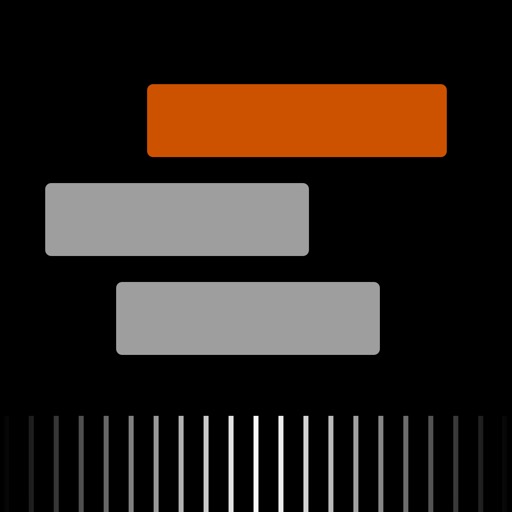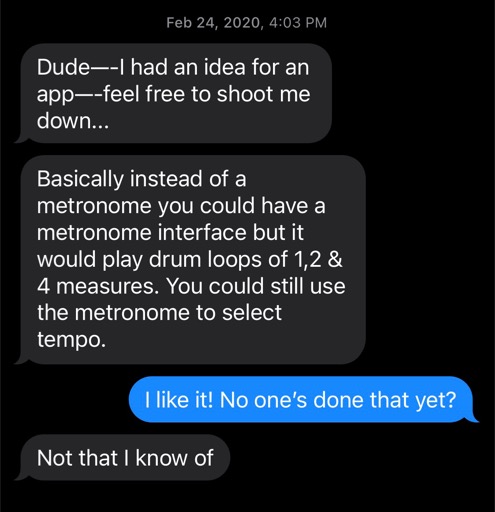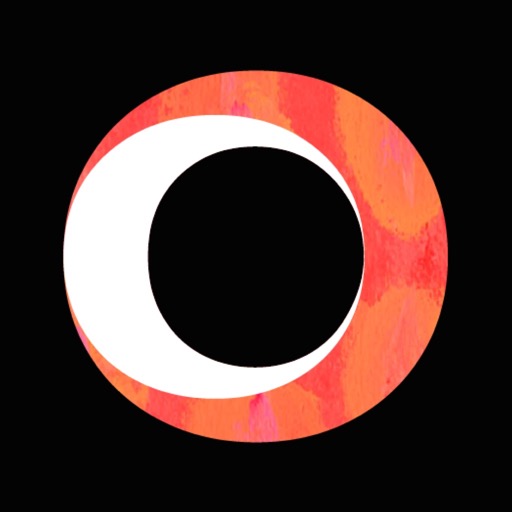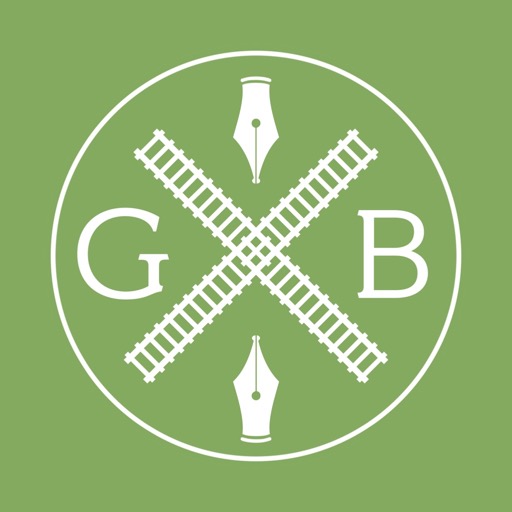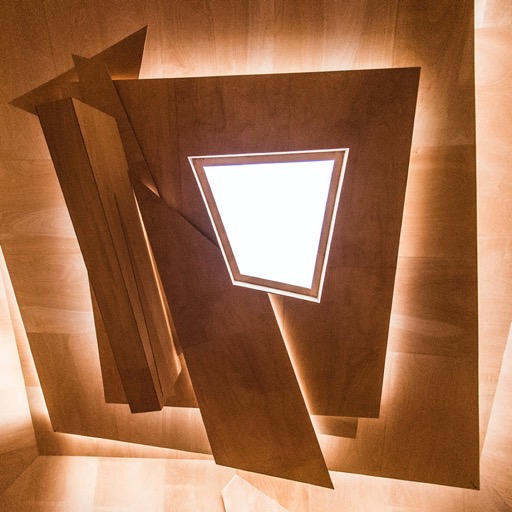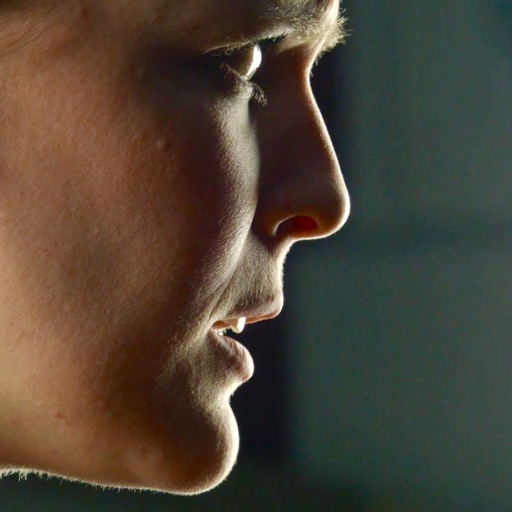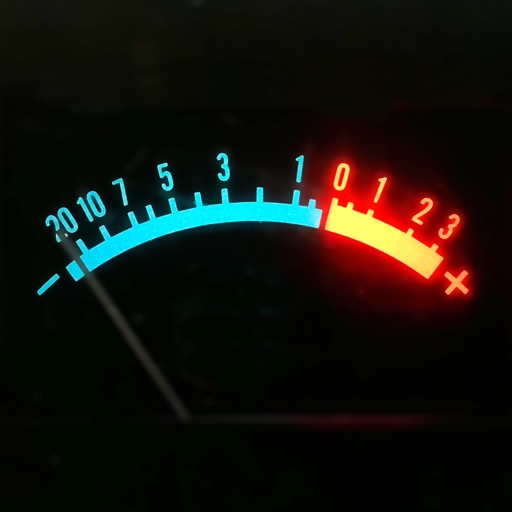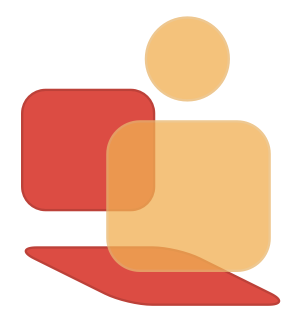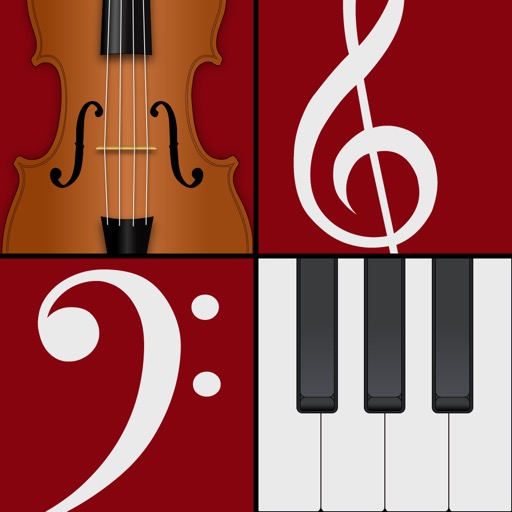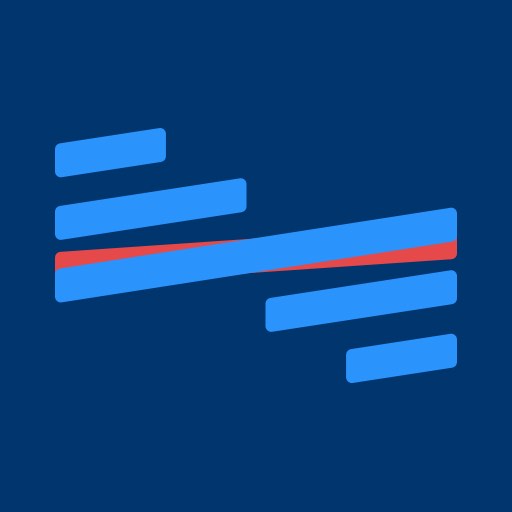
A member of The Cleveland Orchestra and head of the double bass department at Cleveland Institute of Music, Scott Dixon has been creating a new system for musical intonation. Called Rational Tonality, this system addresses the problem of just intonation in the context of modern orchestras and ensembles.
The Rational Tonality app is a tool that allows a player to explore and practice with tones in these rational relationships.
